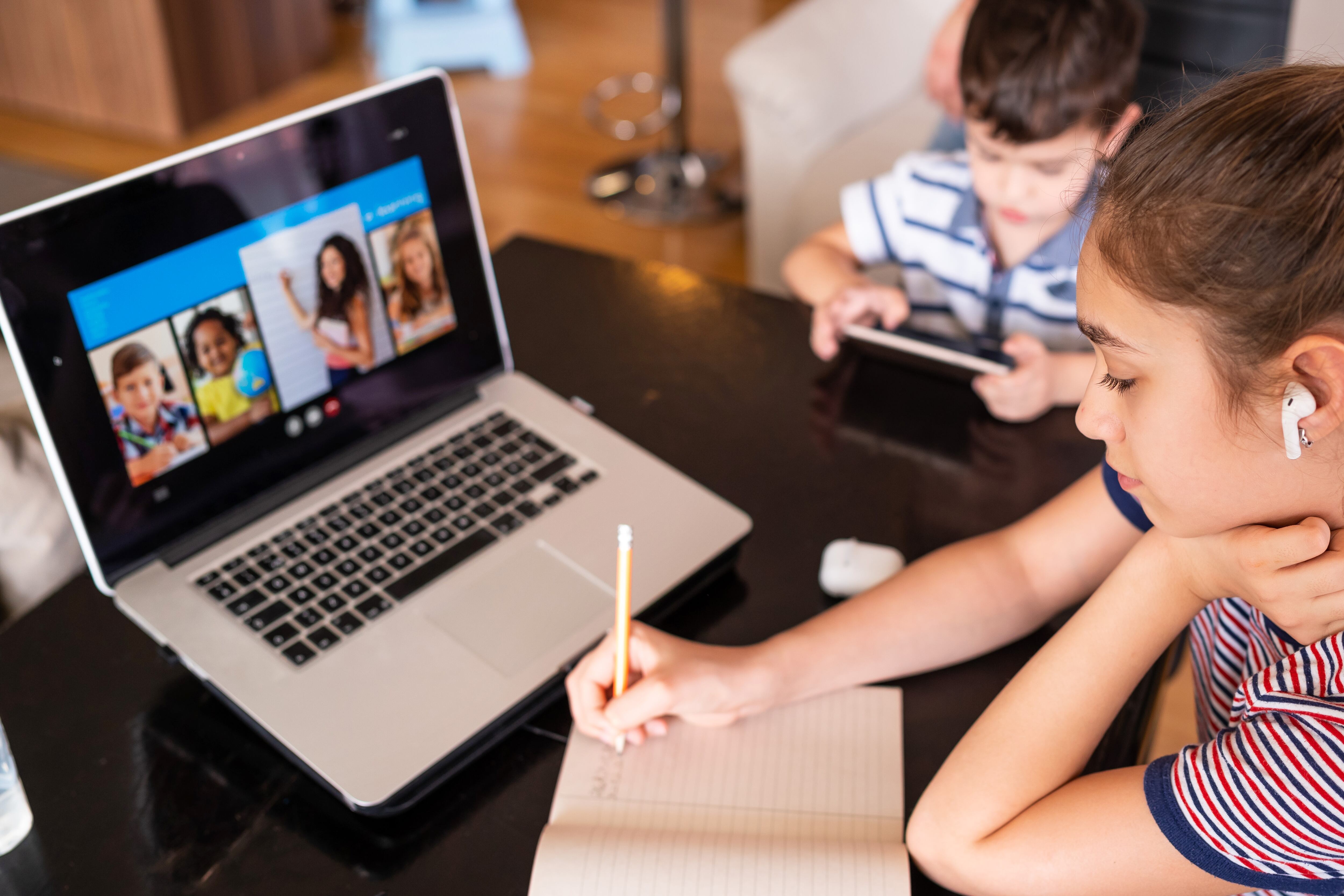A slight majority of Newark parents are satisfied with their children’s remote learning work — but they’re also worried their children will fall behind academically during the school shutdown, a new poll shows.
The online poll, commissioned by Project Ready and conducted by Change Research from April 17 to April 19, illustrates how remote learning is impacting families in Newark, where most residents are black or Hispanic. The poll included 457 Newark adults, about a third of whom have school-age children. National data shows the coronavirus is disproportionately impacting communities of color and education in those communities.
Education ranked among top issues for Newarkers, coming in right below rent and mortgage payments and tied with food security concerns, especially for African-Americans. That was a surprise to Shennell McCloud, executive director of Project Ready, a parent advocacy organization.
“We were mostly shocked about the idea that education was an issue that rose to the top in a very similar way to food security and rent — it was pretty much neck and neck,” she said. “That’s something we haven’t seen before.”
The poll also shows that even though most children have an internet-capable laptop or tablet at home, just 57% of parents are satisfied with their child’s remote learning program, while 35% are dissatisfied. African-American parents in Newark are more likely to be dissatisfied with remote learning, which in Newark’s district and charter schools involves a combination of paper work packets and online assignments and lessons.
Despite the numbers of children with internet-capable devices, McCloud said her organization is still receiving calls from parents who need internet access. (In March, the organization provided more than 100 “hot spots,” or mobile internet connection points, to families that needed them.)
“What we’re finding now is that the digital divide is way thicker than we ever thought it was,” she said. “We’re finding since we addressed that specific need, we will have families and organizations reaching out because they don’t have access to the internet.”
A majority of Newark parents, especially Hispanic parents, are worried their children are falling behind because of distance learning — only 16% of Newarkers polled report their child hasn’t fallen behind “at all.” Research has found that student learning suffered during past school closures. To make up this gap, parents prefer summer school and extended school days over forcing children to repeat a grade.
“And there are mixed feelings about the remote learning program itself,” McCloud said. “My assumption is that we need more resources specifically distributed to the community in order to make sure people have access to remote learning to begin with.”
Most Newarkers with children in district or charter schools have not picked up meals from a Newark Public Schools food site — only 15% said they had — mostly because they didn’t want to deprive people who might need it more, according to poll results. Newark is serving far fewer meals than other low-income New Jersey districts.
Newark, the largest school district in New Jersey, serves nearly 40,000 students. McCloud acknowledged that the district has a “big task ahead of them” in the coming weeks and months and said community organizations should step up to support Newark schools and families.
“We need to make sure we’re actively taking a role in supporting the district and getting people what they need,” she said. “This is a time where communities at large need to truly be coming together and pooling resources so all children have what they need.”







